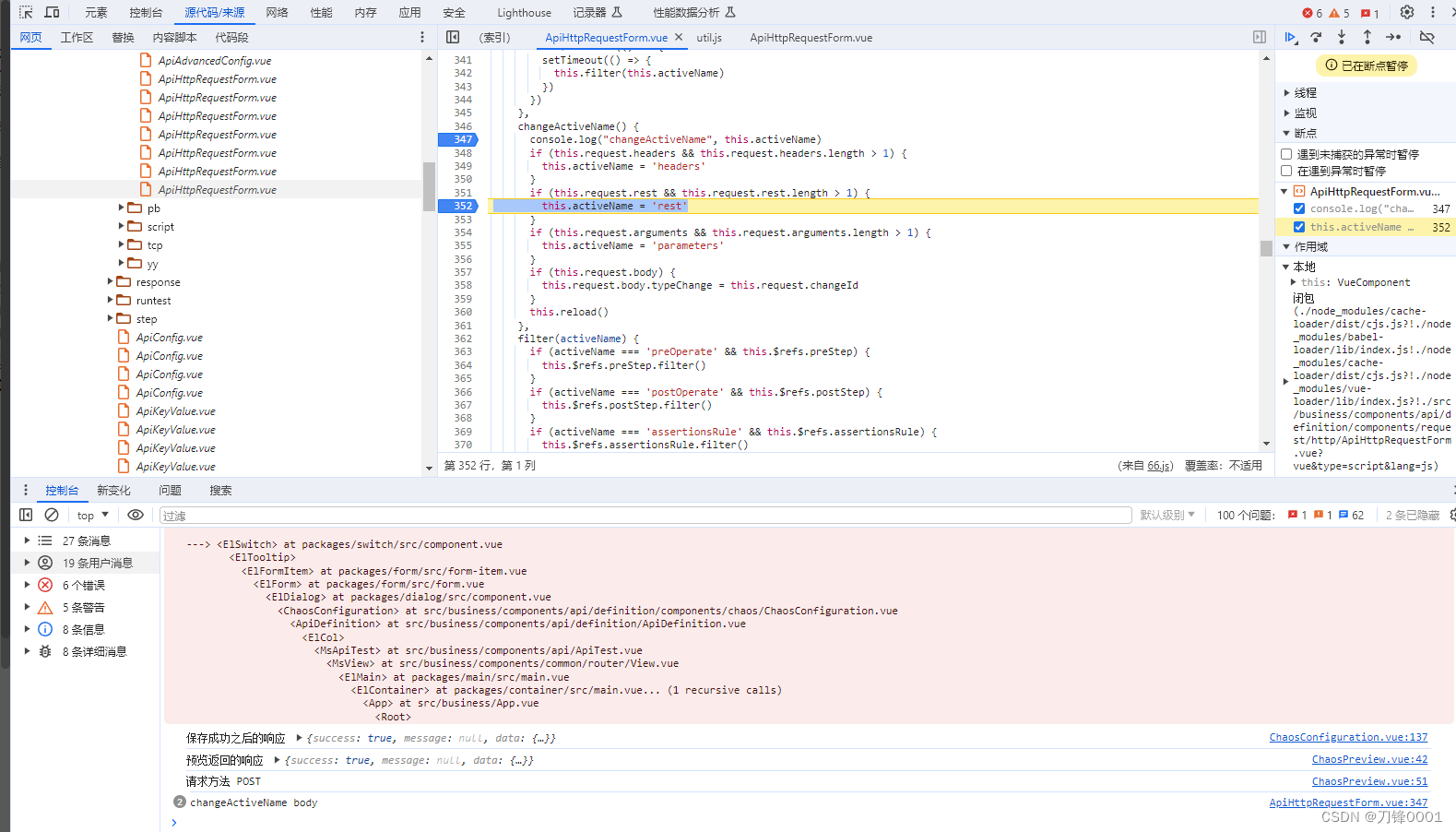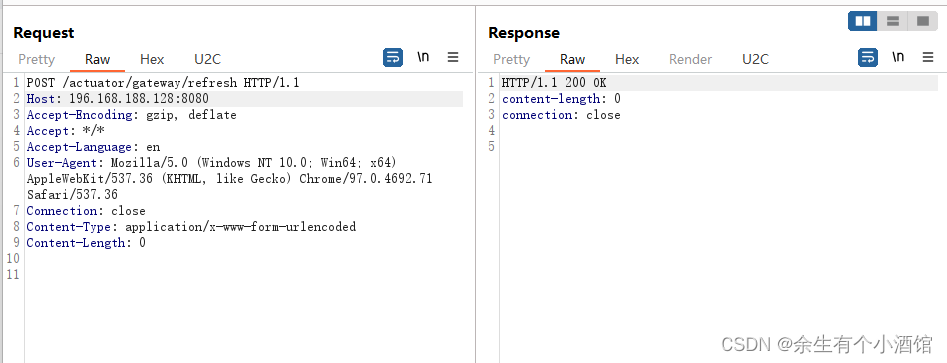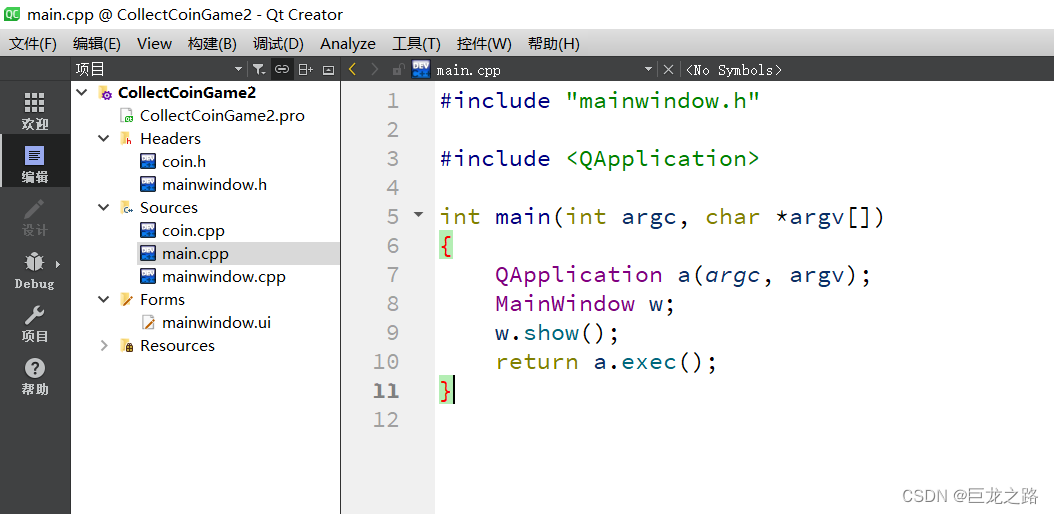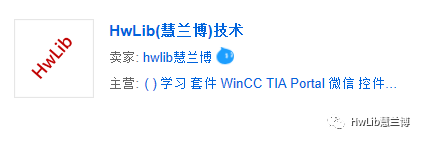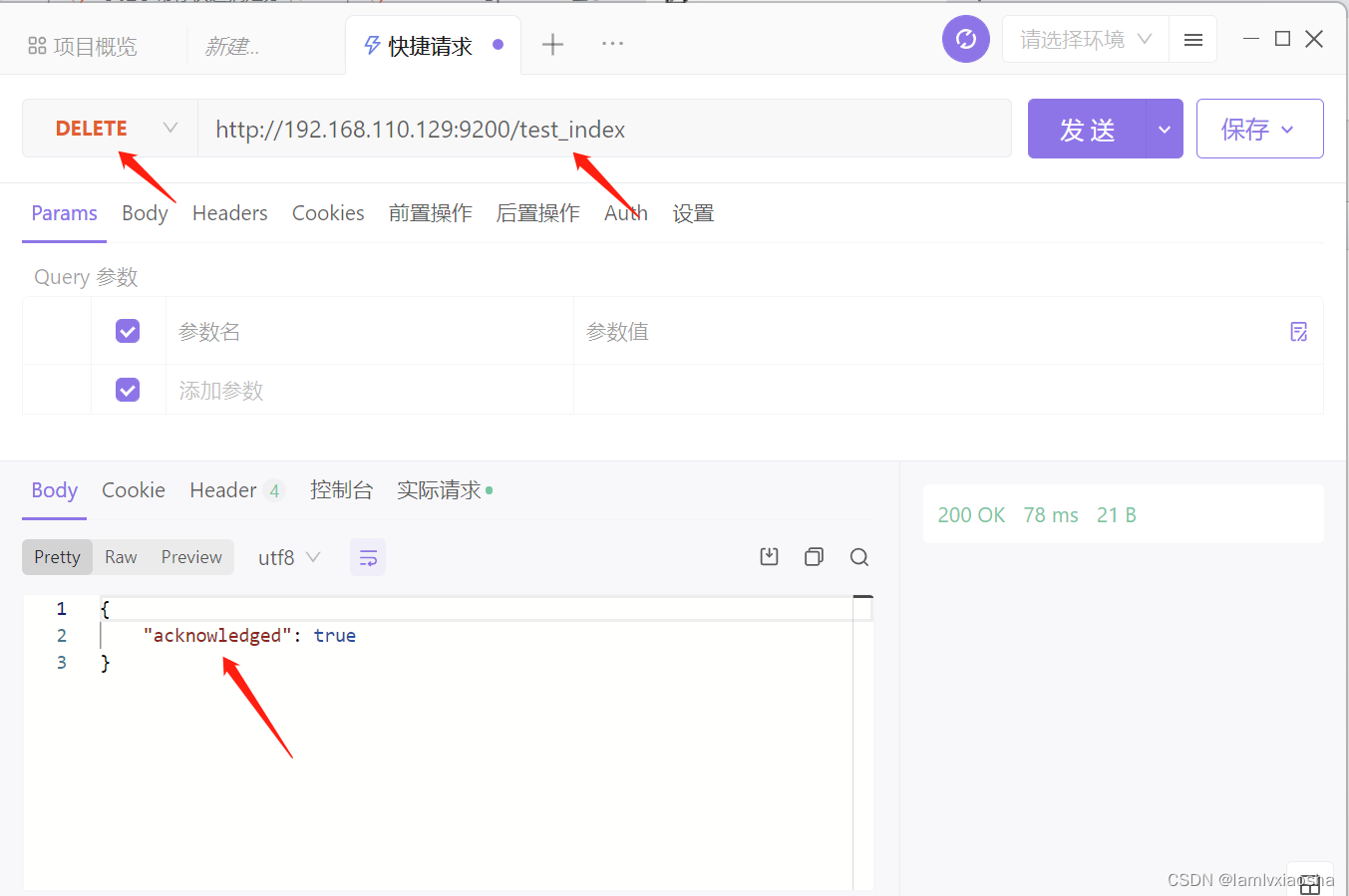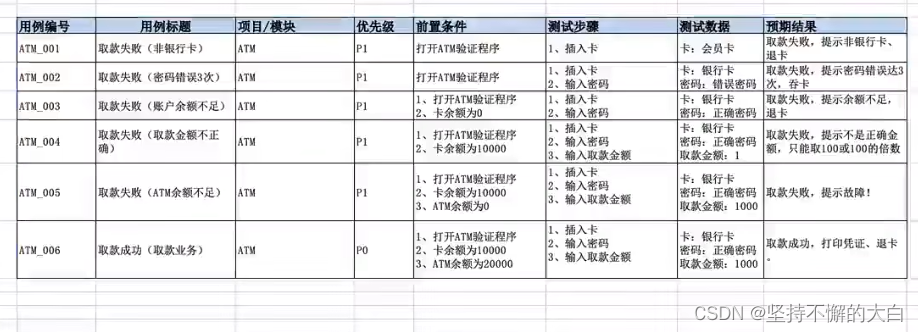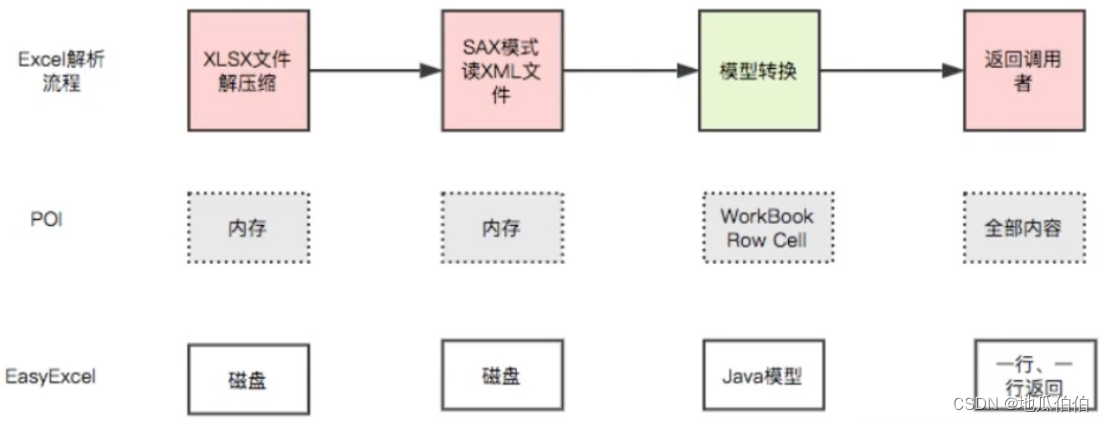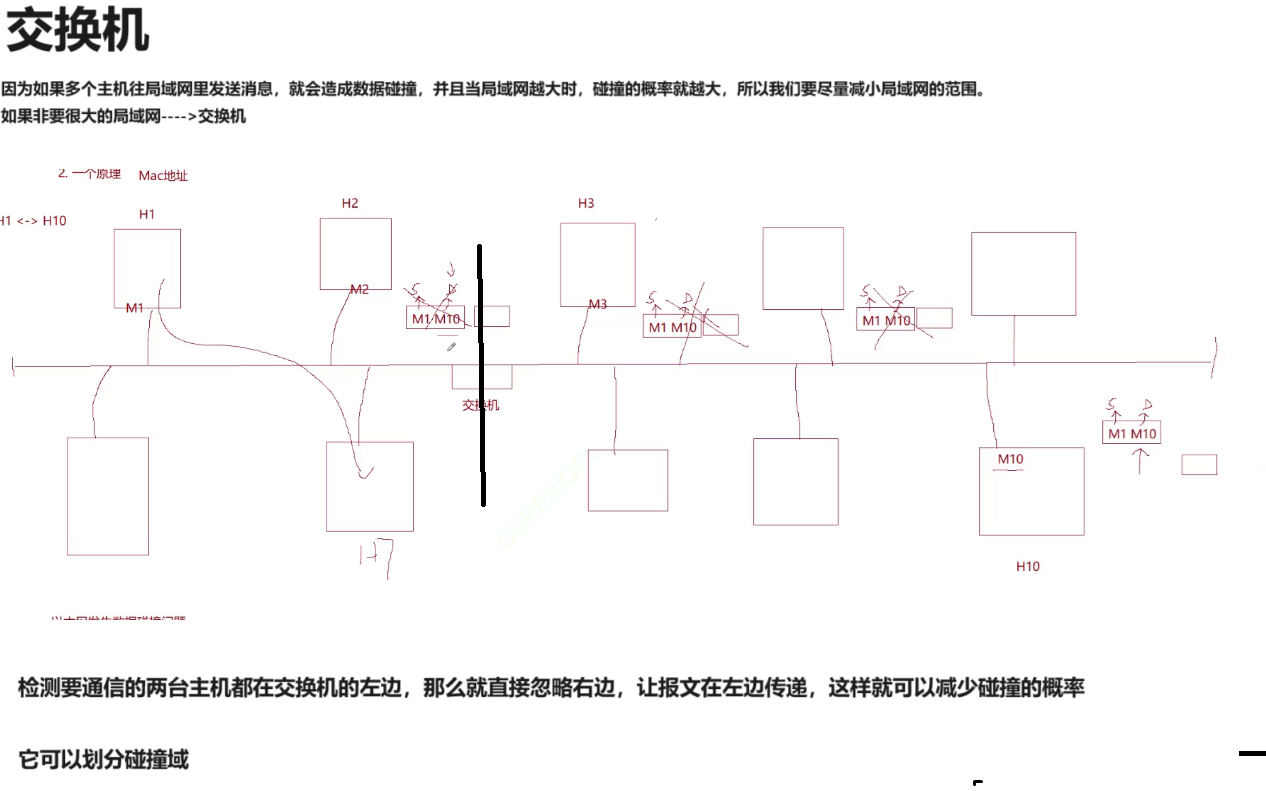
关于陶哲轩(Terence Tao)用 GPT-4 进行数学研究的话题始于陶本人在 微软 Unlocked 上发表的 Embracing Change and Resetting Expectations 一文。文中提到:
…… I could feed GPT-4 the first few PDF pages of a recent math preprint and get it to generate a half-dozen intelligent questions that an expert attending a talk on the preprint could ask. I plan to use variants of such prompts to prepare my future presentations or to begin reading a technically complex paper. Initially, I labored to make the prompts as precise as possible, based on experience with programming or scripting languages. Eventually the best results came when I unlearned that caution and simply threw lots of raw text at the AI ……
…… 我可以将一篇最新数学预印本论文的前几页 PDF 喂给 GPT-4,让它生成若干专家在预印本论文报告会上可能提出的聪明问题。我计划使用此类提示的变体来准备我未来的报告,或用于阅读技术复杂的论文。起初,我根据编程或脚本经验,努力使提示尽可能精确。但最终,当我放弃那种谨慎,简单地向 AI 抛出大量原始文本时,得到了最好的结果 ……
这段文字表明,陶在用 GPT-4 辅助阅读论文,并且他的经验是提示词越简单直白越好,GPT-4 已经具备很好的文本理解能力。除了阅读论文外,陶还指出:
…… The 2023-level AI can already generate suggestive hints and promising leads to a working mathematician and participate actively in the decision-making process. When integrated with tools such as formal proof verifiers, internet search, and symbolic math packages, I expect, say, 2026-level AI, when used properly, will be a trustworthy co-author in mathematical research, and in many other fields as well ……
2023 年的 AI 已经可以为数学家生成有启发性的提示和有希望的线索,并积极参与决策过程。当 AI 与诸如形式化证明验证器、互联网搜索和符号数学包等工具集成时,如果使用得当,我预计,2026 年的 AI,将会成为数学研究和许多其他领域值得信赖的合作者。
陶写出上述内容是有其实践依据的,他在其社交媒体主阵地 https://mathstodon.xyz/@tao 上分享了一个他用 GPT-4 辅助解决数学难题的案例(详见 https://mathstodon.xyz/@tao/110601051375142142)。
这个数学问题名为 Elegant Recursion for A301897,陶的做法不是让 AI 直接回答问题,而是让它扮演合作者的角色,提供策略建议。AI 提供了 8 种方法,其中一种(生成函数)最终验证是可行的方法。在这个特定案例中,陶认为 AI 是有帮助的,因为他最初考虑用渐近分析法来获得直觉,但最终被证明没有这个必要。并且 GPT-4 指出了 Dyck 路径(和一些相关结构)的相关性,给陶了一些启发。具体的对话流程陶分享了出来,大家可以通过 https://chat.openai.com/share/53aab67e-6974-413c-9e60-6366e41d8414 查看细节。

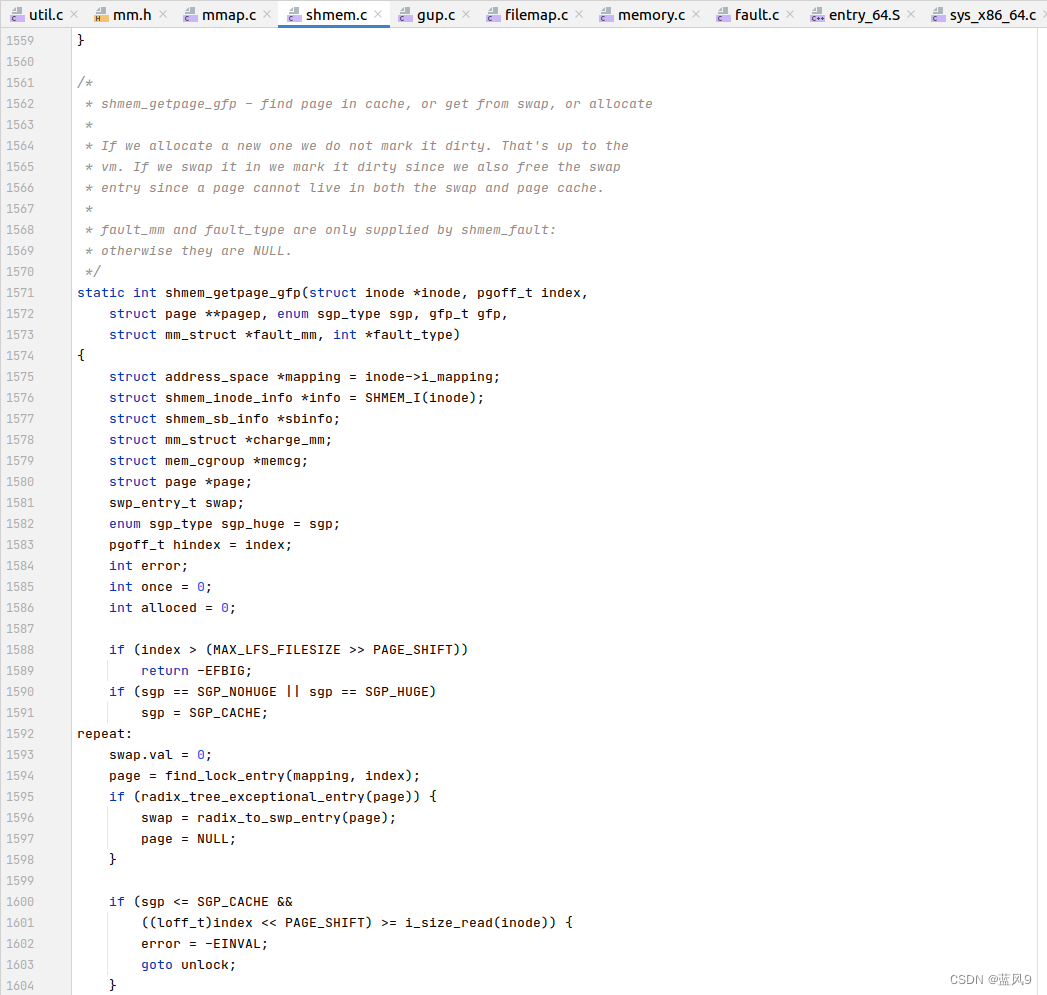
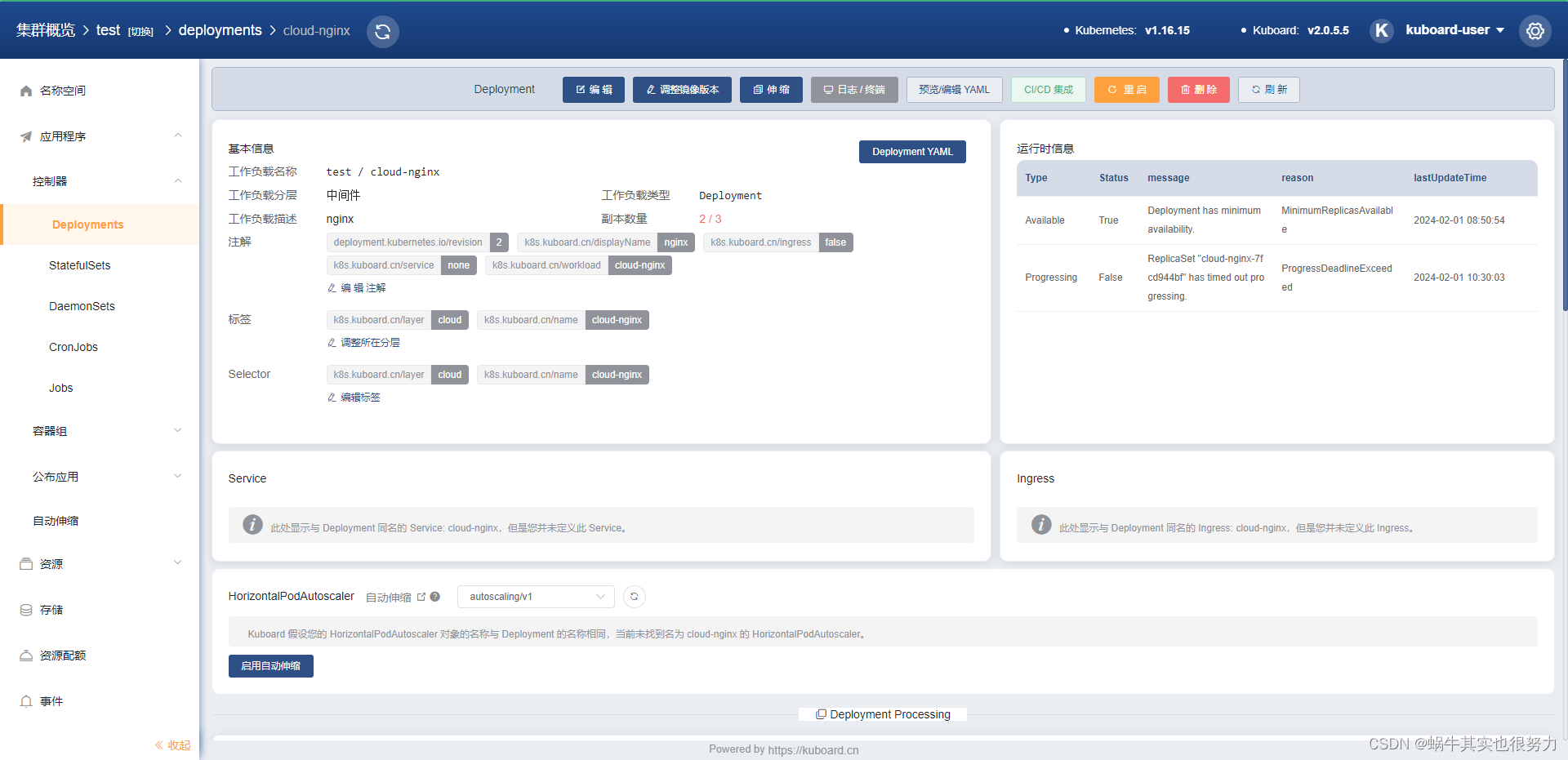
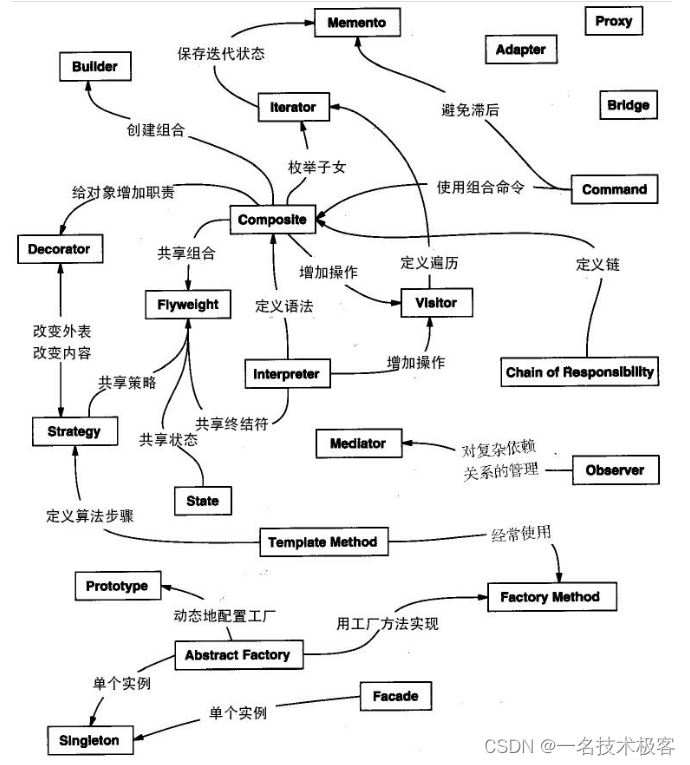


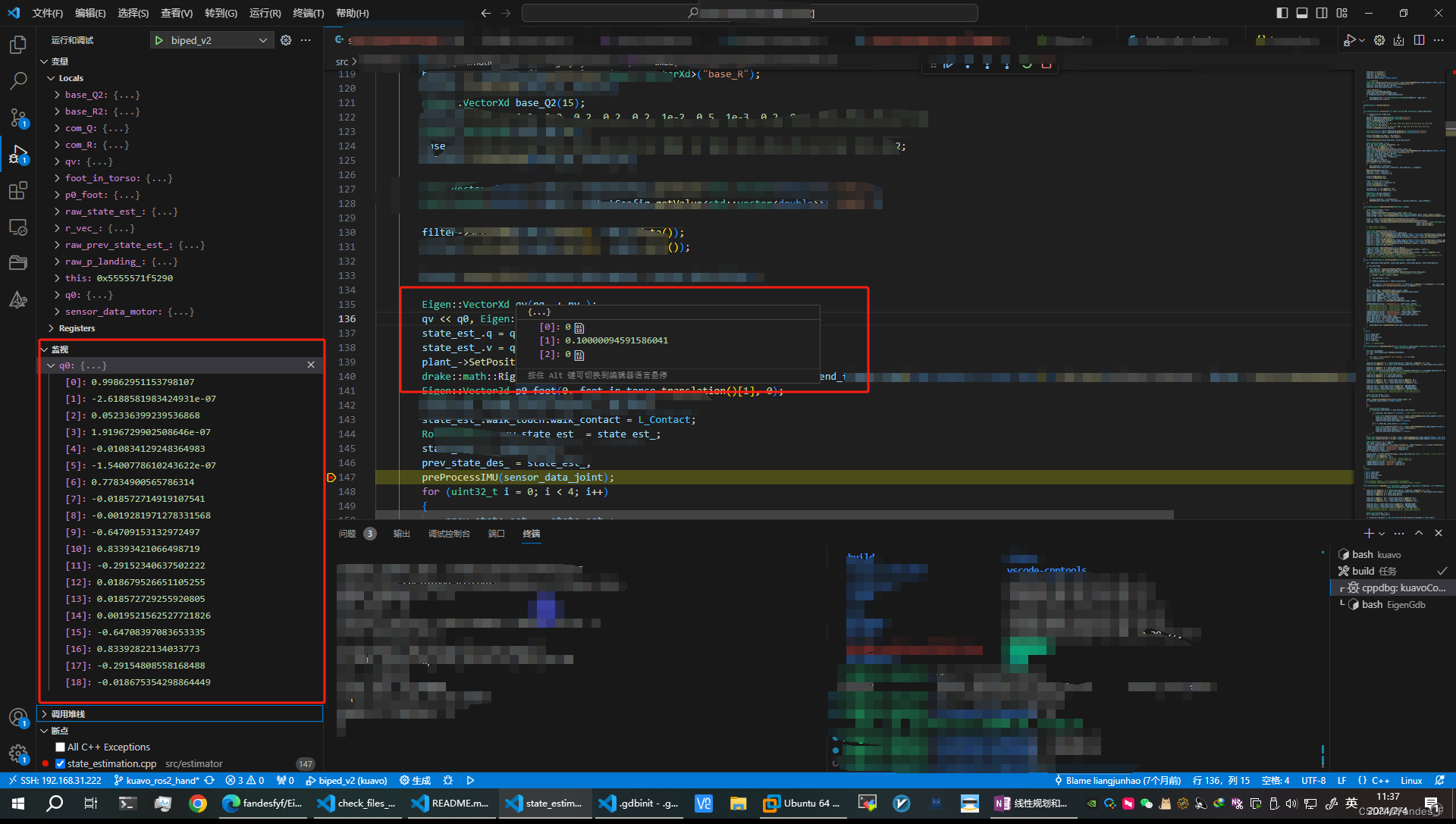
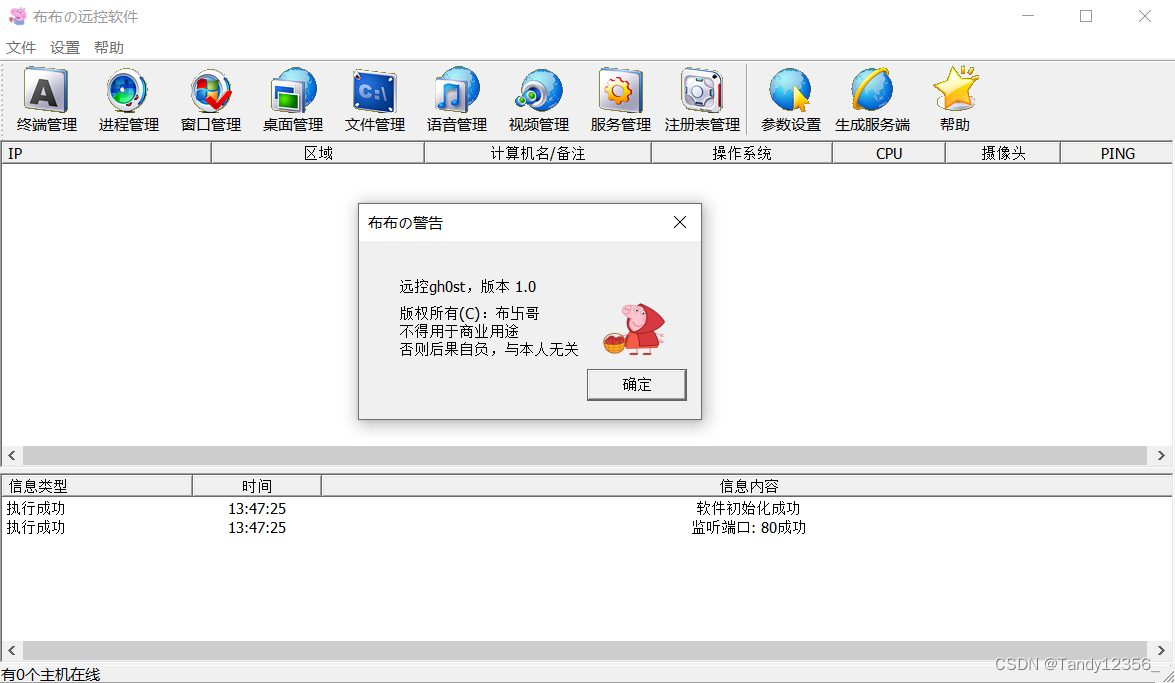
![[C++]:15.继承](https://img-blog.csdnimg.cn/direct/c2dbd092a6f54b149ffb1b935b1634c0.png)
